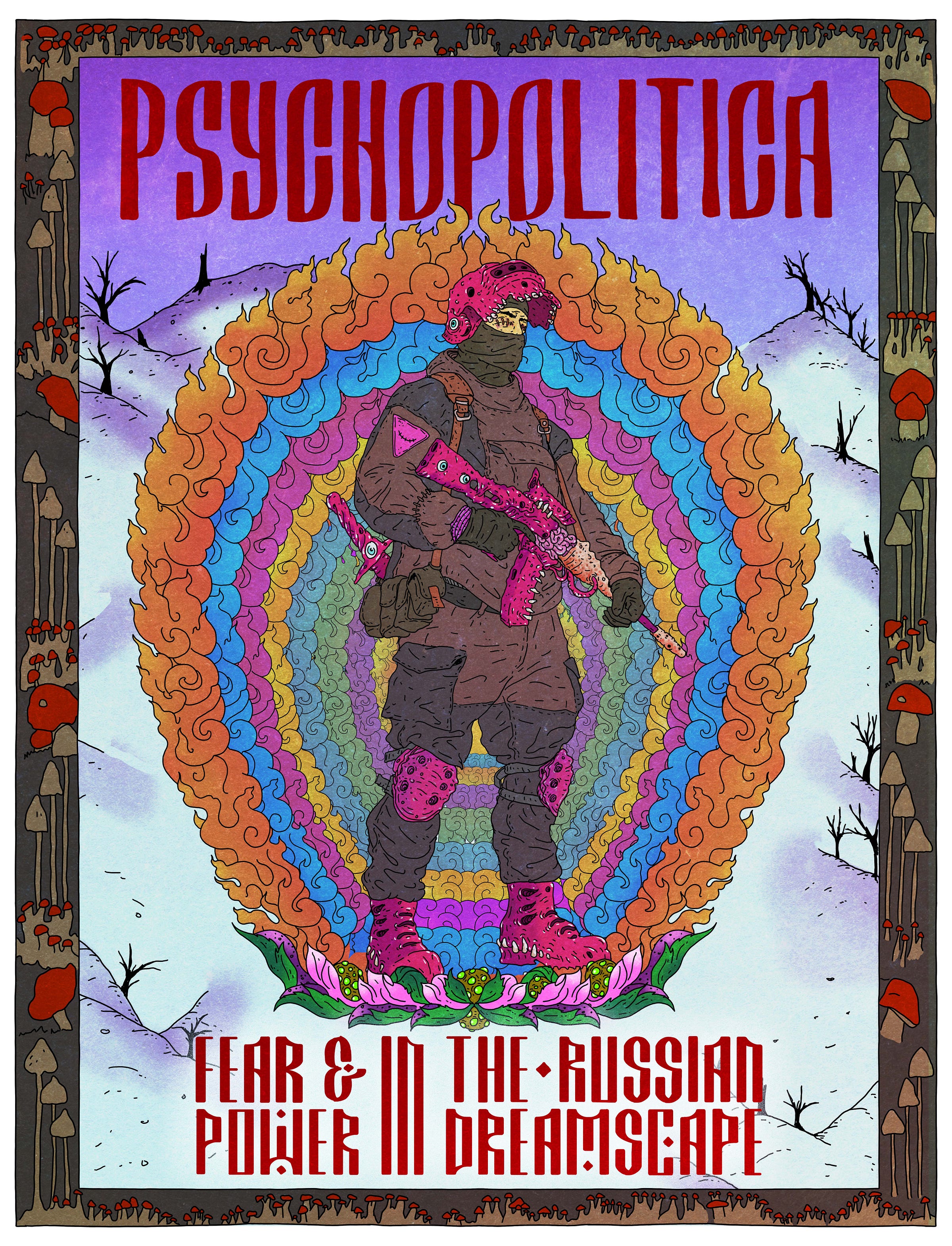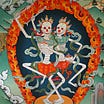In August of 2020, I wrote in Putin Does Not Exist:
I’ve been playing with the idea of a “psychopolitical method”—a system of views and practices that would treat the inner life of the soul and the political dynamics of the society as parts of the whole, so one could apply it equally well to their personal life and the life of their city, country, the world.
Things one sees in their dreams and on their TV would be put on equal footing.
It’d be akin to Marxism or Freudian psychoanalysis in how they turn seemingly disparate events into a coherent picture that can guide one in thought and action.
This “dreams = news” idea has been in the background of much of my work. Most recently, I put it on the front page of an imagined newspaper with with real-world news, The Kali Yuga Chronicle:
Keep reading with a 7-day free trial
Subscribe to Psychopolitica to keep reading this post and get 7 days of free access to the full post archives.








